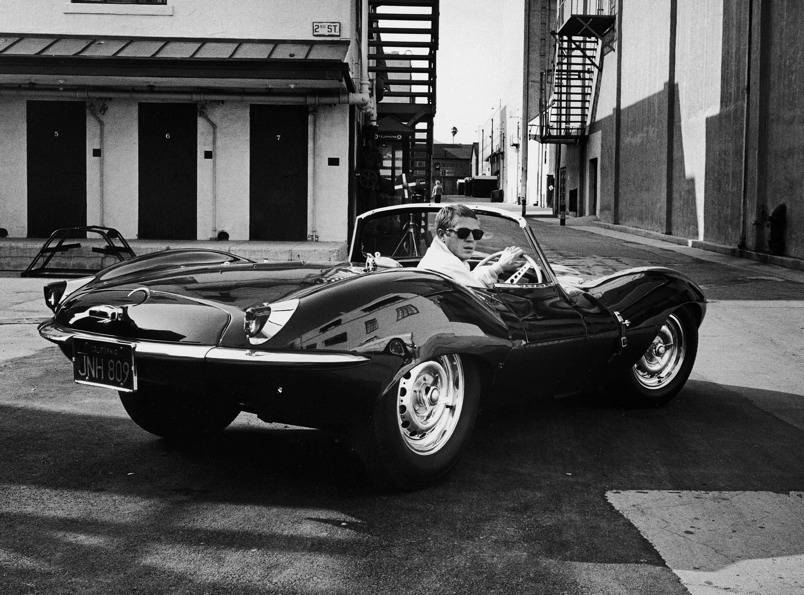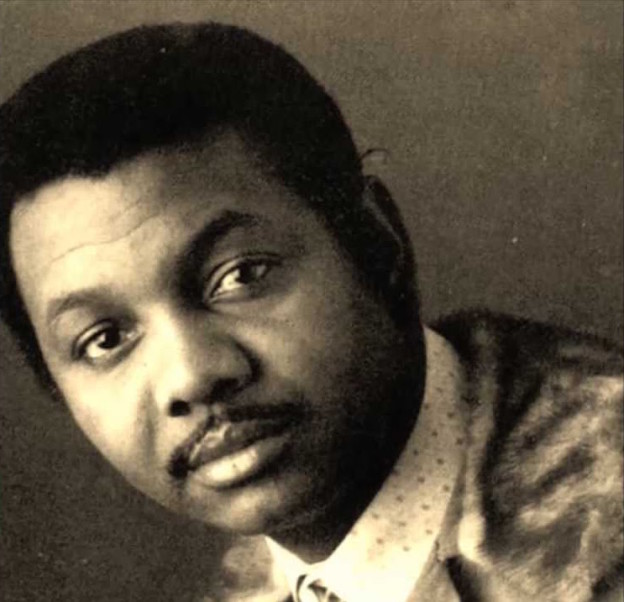Tyrone Davis (1938 -2005) was one of the great R&B artists of the late 1960s and 1970s, even if today he may not be the first name that springs to mind. At a time when radio formats were increasingly being re-segregated, T.D. had a string of huge hits that placed high on the R&B charts, although with diminishing impact on the overall Pop charts. In another era, even just 5 or 6 years prior, he might have a been a crossover star along the lines of Sam Cooke or Otis Redding. But his artfully crafted, romantically remorseful songs ran counter to the prevailing trends in 70s-era Soul music, both in terms of their straightforward if dynamic compositions and in their almost total disregard for the red hot political topics of the day in favor of the timeless struggle for happiness between man and woman.
As so many musicians of color had before him, the Mississippi native traveled north and made his breakthrough in Chicago, where he was guided by the legendary producer Carl Davis (Tyrone even adopted that last name, changing it from his original surname, Fettson). T.D. had almost instant success at the tail end of 1960s with the pleading “Can I Change My Mind”. This breakout hit, originally a B-side, rapidly made it to #1 on the R&B charts and was #5 in Pop, minting the Tyrone Davis formula right out of the gate: a tightly arranged but not fussy horn arrangement propelling T.D.’s soulful tenor, which delivered, most importantly, the secret sauce: an inversion of the stud lover man persona into a flawed, vulnerable suitor begging for redemption.
https://www.youtube.com/watch?v=56DrWY8E-rY
The follow up to “Can I Change My Mind” was another stunner, “Is It Something That You’ve Got”, and then 1970’s wonderful “If I Could Turn Back the Hands of Time” continued this hit making formula so successfully that it gave Davis another R&B #1 (and his highest ever Pop position, #3 on the Hot 100).
From there he cranked out a series of fantastic uptempo soul ballads suffused with regret and second thoughts, filling the airwaves with sweet yet gritty pure Chicago Soul, always with a pleasing hint of his down-home country roots peeking through the worldly lyrics (for example, on 1975’s stellar “Turning Point”, we hear “toining point” more than “turning point” and “Loid, Loid, Loid” instead of “Lord”).
Davis was certainly limited by his strict adherence to simple, essentially throwback love songs, eschewing the prevailing trends in R&B music that embraced funkier, more elaborate and Afrocentric musical styles and also gave lyrical expression to political aspirations and grievances. Simply put, Tyrone Davis never made a protest song about the ghetto or racial oppression. That sort of overt social activism was not in his performer’s repertoire. And any dalliances he may have had with Disco later on did not exactly lead to memorable music to say the least. So no, T.D. will never be confused with Marvin Gaye, Curtis Mayfield, The O’Jays or Earth, Wind & Fire. But by staying true to his narrow range as a romantic Chicago soul man par excellence the best of Tyrone Davis, as typified by his standout sides for Dakar and Columbia, is really very good and well worth adding to any serious collection of classic R&B. If you’re looking to set the mood with some straight ahead romantic Soul, a selection of Tyrone Davis’ greatest hits will always get it done.


